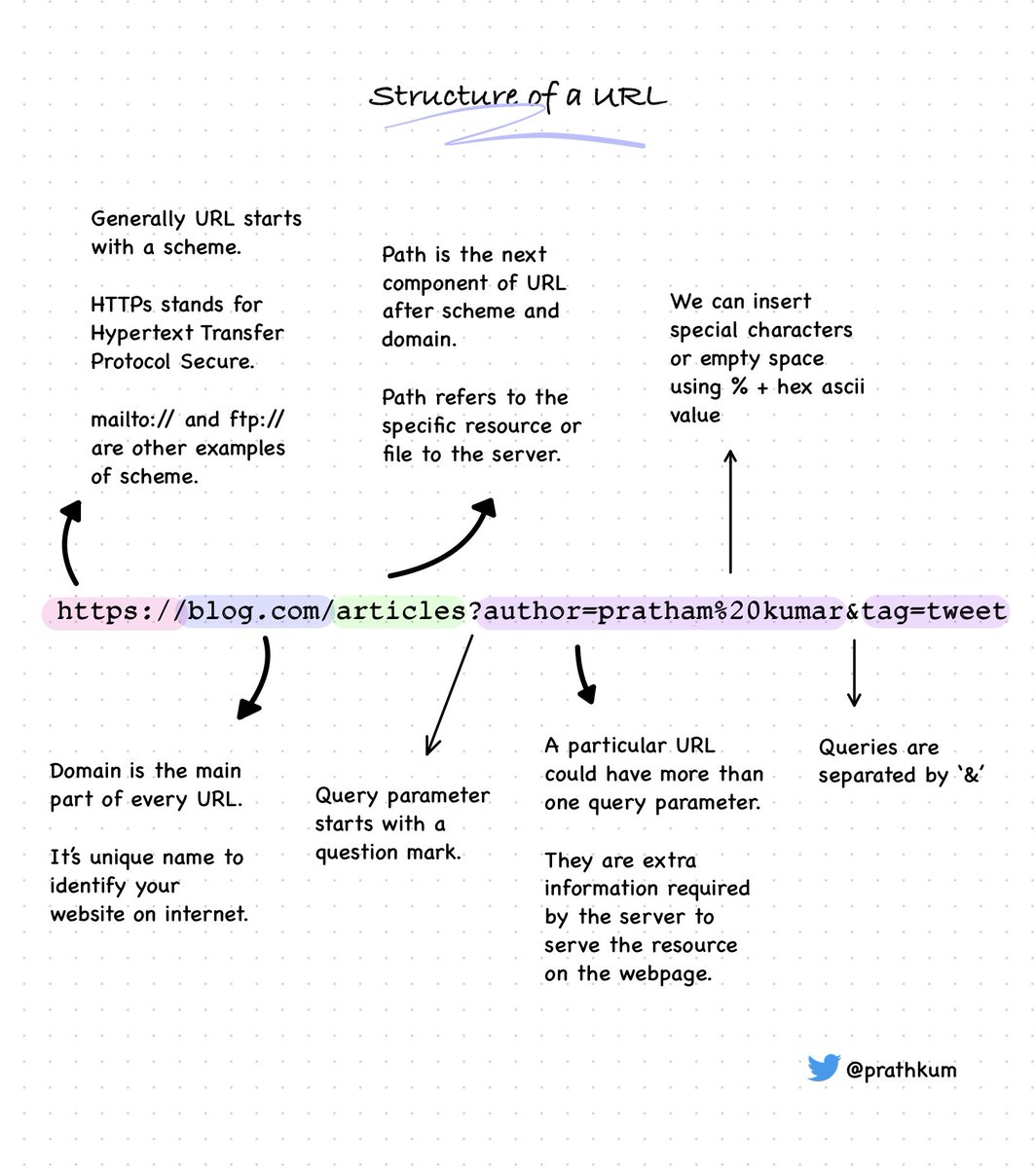
;)
@Obstacle_Solver
MIT - Massachusetts Institute of Technology 🇺🇲 Cambridge University 🇬🇧 Stanford University, California 🇺🇲 In theeno me nhi tha mai
Alhamdulillah getting Tech Job this year. Look between H and L on your keyboard. #Obstacle_Solver
Undefined is a keyword used in programming to indicate that a variable or function has not been assigned a value or definition. It is a placeholder that helps developers catch errors and prevent their code from crashing. #Obstacle_Solver
Here' to another 365 days of opportunities, growth and cherished moments. May the New Year unfold a beautiful chaper in your life. #HappyNewYear #HappyNewYear2024 #HappyNewYear2024wishes

7 websites to save your hours of work:

A design is a plan to make something new for people, that they perceive as beneficial. #UXUIDesigner #Obstacle_Solver
Best Front End Technologies: 1. HTML → to structure website 2. CSS → to style website 3. Tailwind CSS → for responsive website 4. JavaScript → to make website dynamic 5. React / Vue → for good user experience 6. Three.js → to create 3d web graphics and animation
Front-end developers should know about: ∟📂 HTML and CSS ∟📂 JavaScript ∟📂 Frameworks & Libraries ∟📂 Responsive Design ∟📂 Cross-Browser Compatibility ∟📂 Version Control ∟📂 Performance Optimization ∟📂 Accessibility ∟📂 Continuous Learning ∟📂 Testing and Debugging
There are six different concepts in OOP: 1. Object 2. Class 3. Inheritance 4. Encapsulation 5. Abstraction 6. Polymorphism Note: In this thread, we'll try to understand it from Java's standpoint.
United States เทรนด์
- 1. Giannis 66.3K posts
- 2. #AEWDynamite 5,973 posts
- 3. Spotify 1.68M posts
- 4. Bucks 41.3K posts
- 5. Tosin 66.2K posts
- 6. Eddie Kingston N/A
- 7. Steve Cropper 1,938 posts
- 8. Milwaukee 18.3K posts
- 9. #iubb N/A
- 10. #AbbottElementary N/A
- 11. Leeds 103K posts
- 12. Brazile N/A
- 13. Andrews 10K posts
- 14. Mikel 32.9K posts
- 15. Samoa Joe N/A
- 16. #cthsfb N/A
- 17. Jamal Murray N/A
- 18. #WhyIChime 2,166 posts
- 19. Isaiah Likely N/A
- 20. Knicks 25.9K posts
Something went wrong.
Something went wrong.








































































